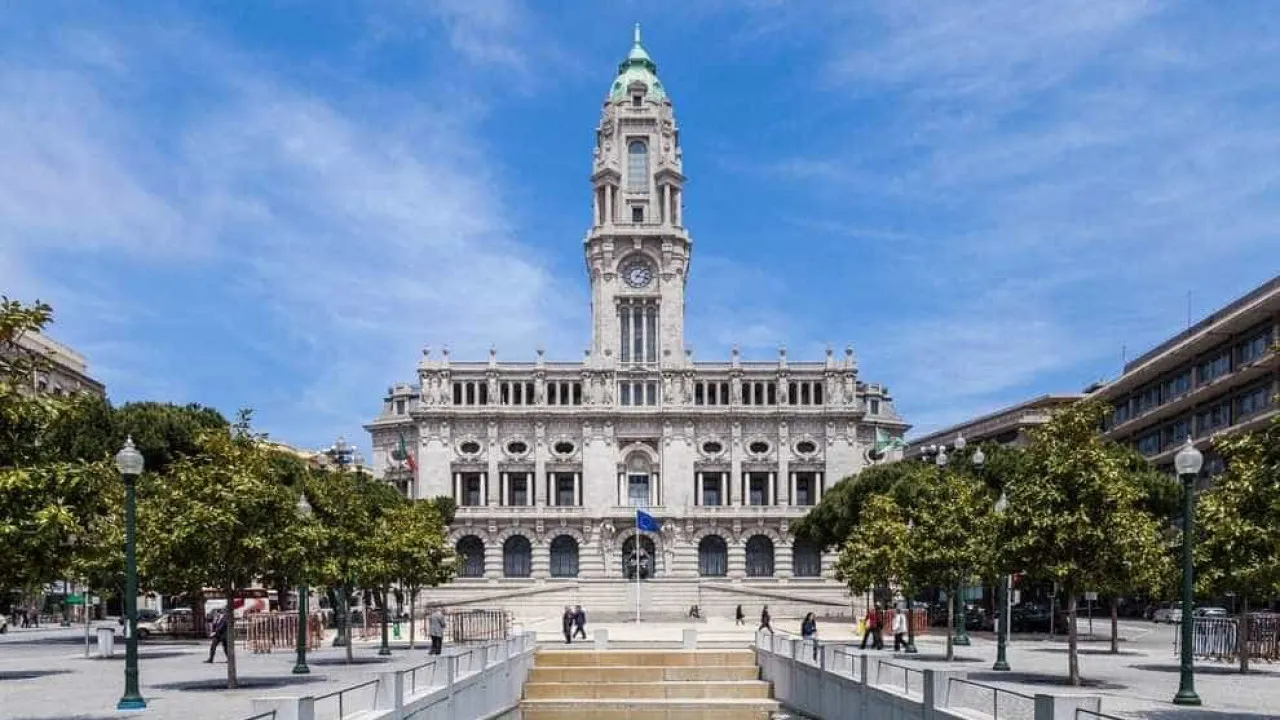
Tiago Braga, the outgoing president of Metro do Porto, stated that the institutional tension with the Porto City Hall was “never” initiated by the transportation company, but acknowledged that it affected the progression of the Line Rosa construction.
“I won’t deny that this tension also impacted the development of the project,” remarked Braga, affirming that it “never came from Metro do Porto’s side.”
Providing an example, Braga cited the advancement of the Line Rosa (São Bento – Casa da Música) project, explaining that in circumstances where there were difficulties with the tunnel beneath the Rua de Júlio Dinis, “under more normal circumstances,” he would have requested surface interventions to expedite the construction, as occurred at the Boavista roundabout, “subsequently improving many conditions for progress.”
Braga spoke in an interview regarding his imminent departure from the company, with the Government intending to appoint Emídio Gomes, the rector of the University of Trás-os-Montes and Alto Douro (UTAD), as his successor.
“We never responded, never took the initiative to disclose document exchanges between entities to the public. When we did, it was because some limits were exceeded at certain moments,” Braga stated.
For Braga, “a mayor fighting for this type of infrastructure, because he evidently believes in the benefit it brings to the population and the city’s development,” must be “willing to accept criticism, which will obviously exist, along with everything negative about a project.”
The transportation company’s president also refuted accusations of “political management of the project,” asserting that allowing such a perception would be “disrespectful to the thousands of people” involved in the project who “expose themselves to personal risks,” considering it “a bit strange” to believe such technical manipulation was feasible given the project’s scale.
Addressing the failure to meet the July deadline for the Line Rosa project, Braga stated that his comments in May of the previous year were based on the information available at the time.
“The fact that I said the project would be completed by July and it wasn’t doesn’t mean I lied. When I stated the project would end in July, it was based on the information we had and what was contractually agreed, with a modified work plan alongside the contractor,” he explained.
He emphasized that none of his statements occurred “under any circumstances that were not fact-based.”
“Time will tell who was being truthful. It certainly wasn’t me who was untruthful,” he stressed, affirming it is “very easy” to chronologically verify the information and “understand the type of contractor or supplier documents existing at the time” of the statements “to ascertain their truthfulness.”
Braga added that during the four-year Line Rosa project, technical teams from Metro, Porto City Hall, and other entities “consistently worked towards the best solutions,” and periodic meetings between the parties “continue to occur.”
“How can there be claims of no communication when we hold meetings every fortnight? And during these meetings, I have never been confronted [with accusations] ‘you are lying to me.’ It’s different when sometimes information is requested, and we don’t have it, because we didn’t possess it,” he stated.
In response to Porto Mayor Rui Moreira’s observation that works in Vila Nova de Gaia proceed more swiftly, Braga acknowledged that “it’s easier to close streets in Gaia,” partly because “it doesn’t have the same impact, for example, as closing Avenida dos Aliados” in Porto.
“We ourselves never expected, for instance, to mobilize a large site in Praça da Liberdade and have it totally closed. That was never even considered, and we often placed that restriction on the contractor,” he revealed.
Braga mentioned that during the project’s course, he tried, unsuccessfully, to convey that “people prefer having a road closed for a long period rather than having the same road closed every week, a bit here, a bit there,” favoring predictability.
“The impact is greater, but people eventually adapt, mobilize, develop new habits, and when they return, they do so completely unhindered,” he noted.
Launched in 2021 and costing 304.7 million euros, the Line Rosa will connect the current metro stations Casa da Música and São Bento, with intermediate stops at Hospital de Santo António and Praça da Galiza.
Its opening is now scheduled for the first quarter of 2026.



